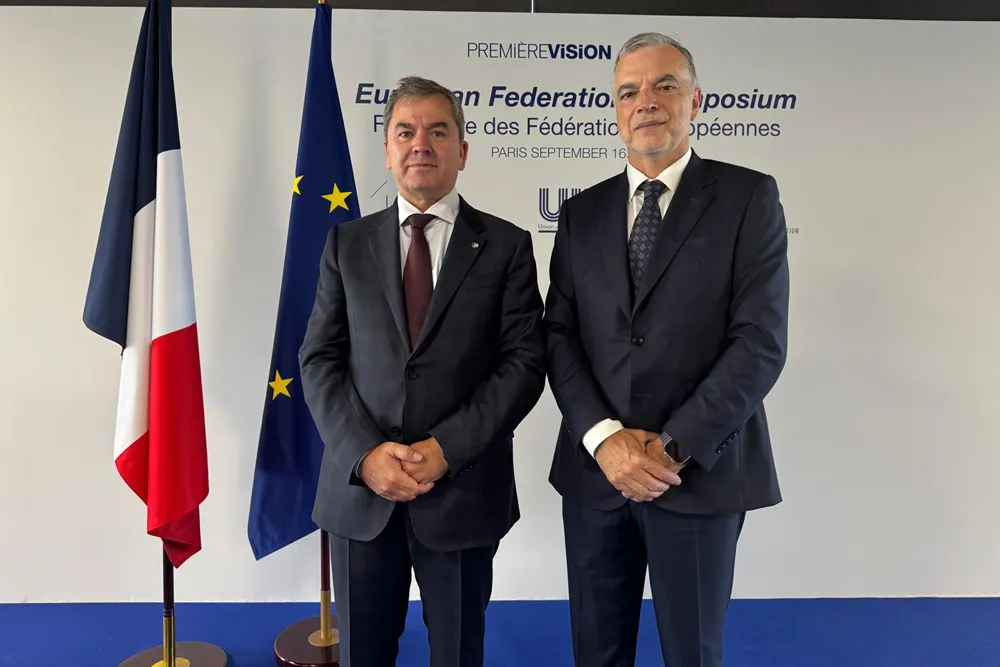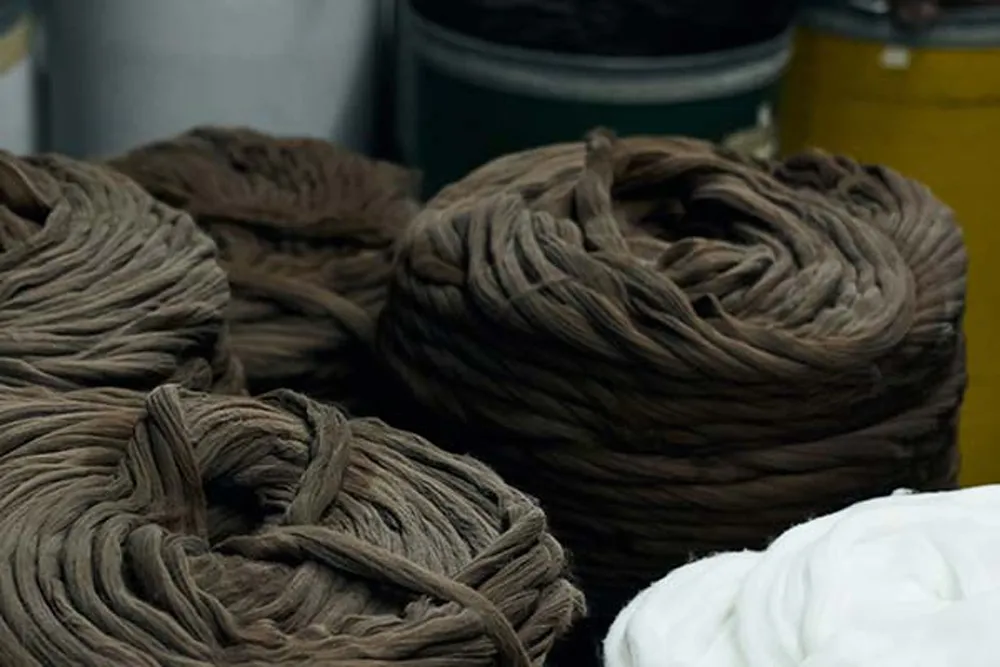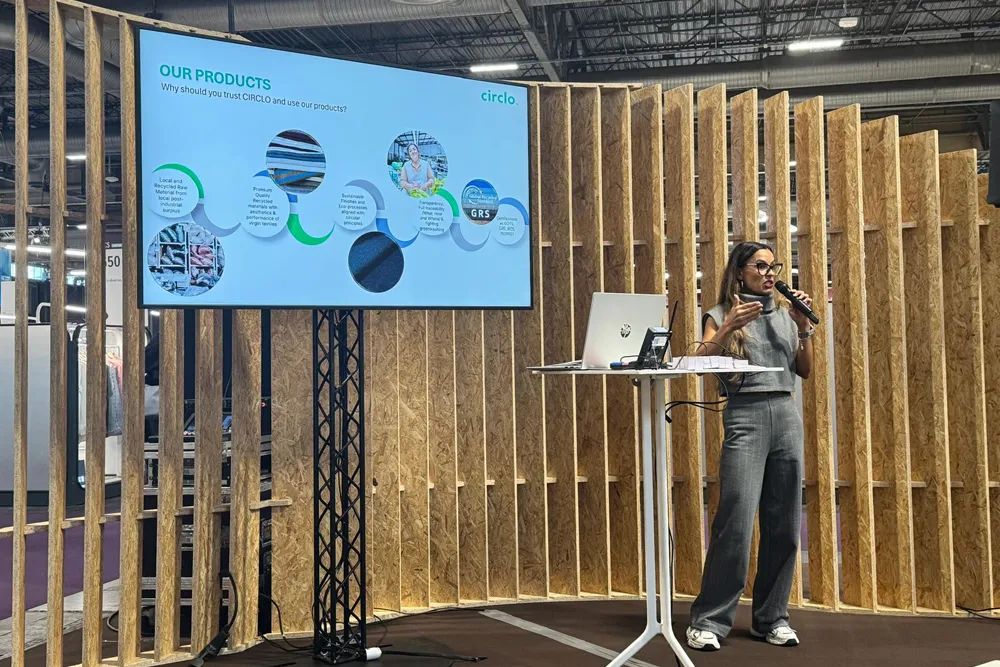The document was signed at Première Vision in Paris, with the support of Euratex and the French federations UIT and UFIMH. “We are talking about the biggest tax fraud of the 21st century,” said César Araújo, president of ANIVEC, stressing that the problem is European.
For Mário Jorge Machado, vice-president of ATP, this represents “an abuse of our rules” that creates “unfair competition” and threatens industry, brands, and local trade. “We are destroying small retail in Europe,” he warned.
The Portuguese associations argue that if Brussels fails to act quickly, Portugal should adopt a law similar to the French one. ANIVEC has already filed acomplaint with the European Public Prosecutor’s Office to investigate the practices of ultra-fast fashion companies.
The document is supported by associations from Germany, Austria,Belgium, Czechia, Denmark, Spain, Finland, France, Greece, Italy, Lithuania, the Netherlands, Poland, Portugal, Serbia, Sweden and Switzerland, as well as Euratex and the Alliance for European Flax-Linen & Hemp. The organisations warn that in 2024, Europe received 4.5 billion parcels from non-EU platforms – equivalent to 5% of clothing sales – with devastating impacts on the environment, industry, and local commerce.
Among the measures demanded are the immediate implementation of the reform of theEuropean Customs Code, stronger controls and sanctions, the requirement for platforms to appoint legal representatives within the EU, taxation of small consignments, and the abolition of customs exemptions for purchases under €150.




